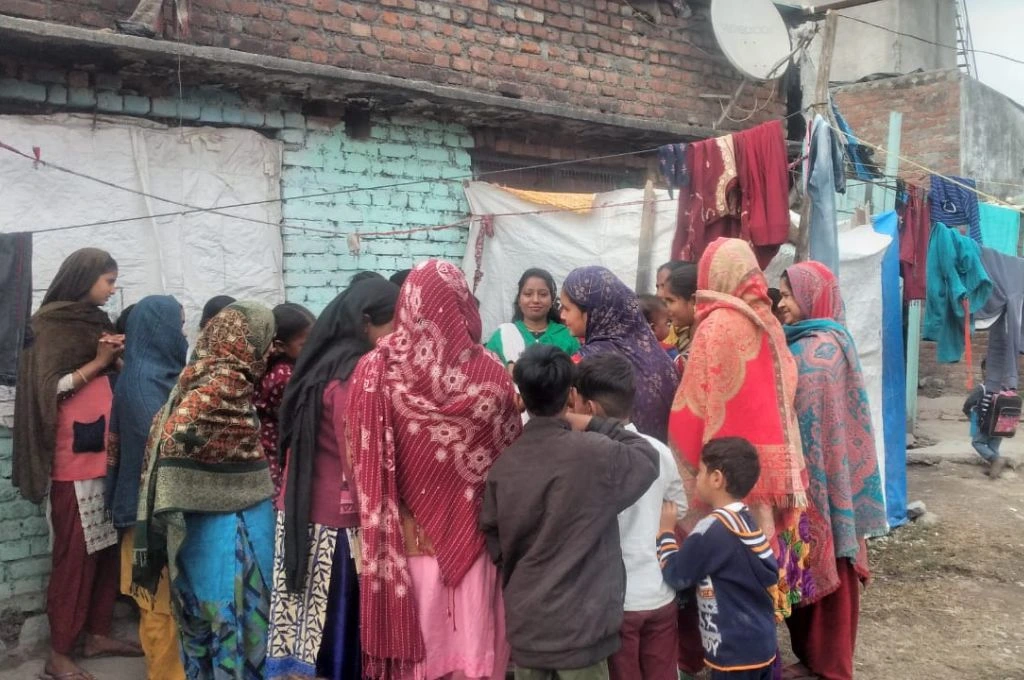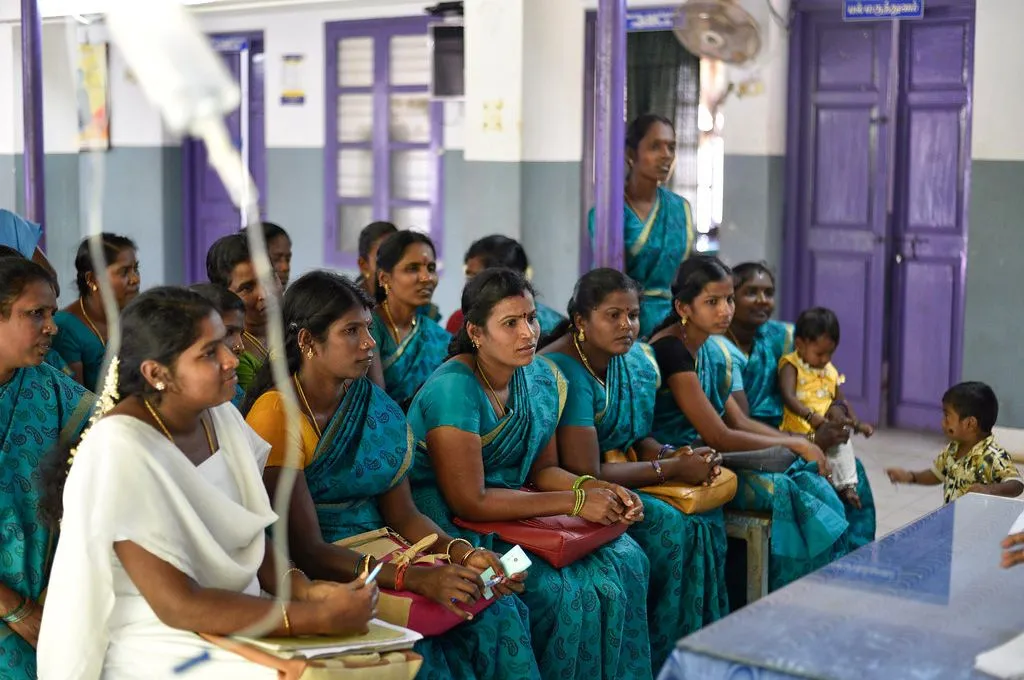In the 1860s, American abolitionist Frederick Douglass noted that people invested in social change “endeavor to remove the contradiction” between “what ought to be” and “what is.” This contradiction seems ubiquitous today as social change advocates struggle to address multiple, overlapping crises. Systemic racism, climate change, the forced displacement of millions of people, a devastating global pandemic, and other widespread social issues highlight how far we are from “what ought to be.” And each of these problems requires urgent and sustained attention.
At the same time, another problem is inhibiting and limiting sustained attention to these complex crises: trauma. We are learning that trauma, or distress resulting from exposure to chronic or extreme mental or physical stress, is a common human experience with the power to spread across people and time. Research reveals that if nothing is done to mitigate the influence of traumatic experiences, individuals afflicted by today’s challenges may pass their trauma to the next generation. This kind of transfer, known as “intergenerational trauma,” isn’t new to human experience, but research on it didn’t begin in earnest until the 1960s. Currently, the American Psychological Association describes it as “a phenomenon in which the descendants of a person who has experienced a terrifying event show adverse emotions and behavioral reactions to the event that are similar to those of the person him/herself.” Intergenerational trauma can persist long after the memory of the initial traumatic event has faded.
This is an excerpt from the article Addressing Trauma as a Pathway to Social Change by Ijeoma Njaka and Duncan Peacock.
This article is a part of a special series on the connection between inner well-being and social change, in partnership with The Wellbeing Project, Stanford Social Innovation Review, Schwab Foundation at the World Economic Forum, and Skoll Foundation.





